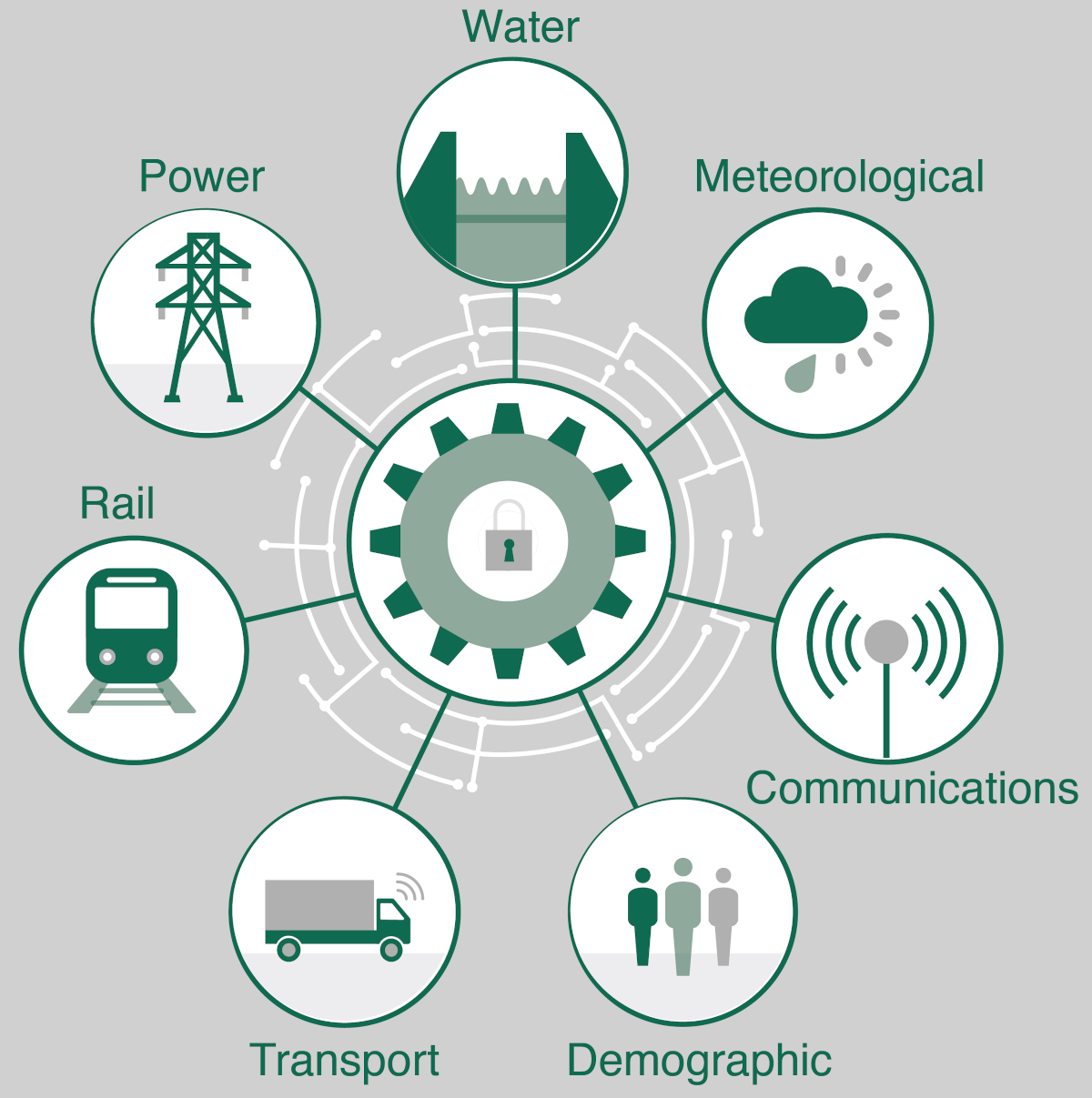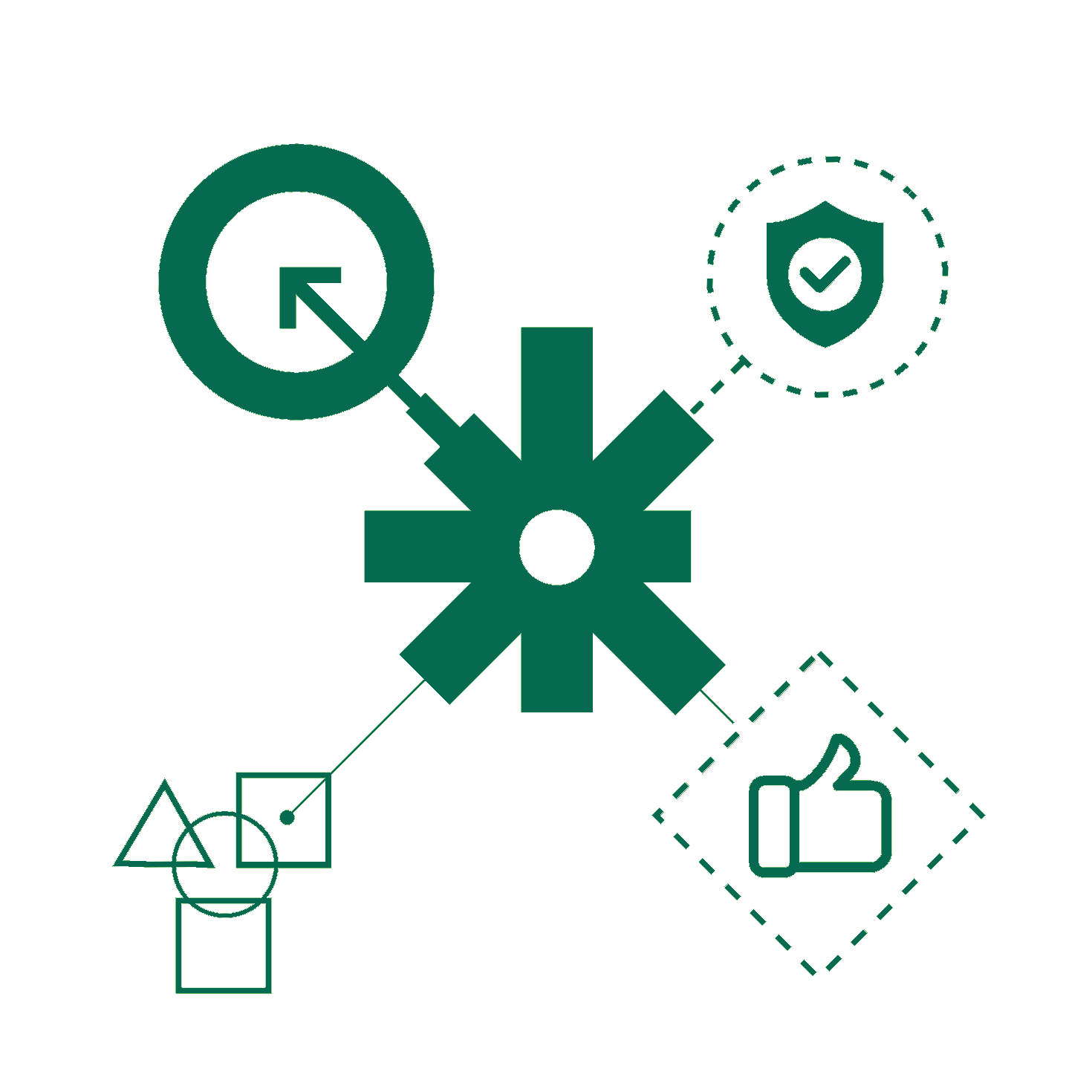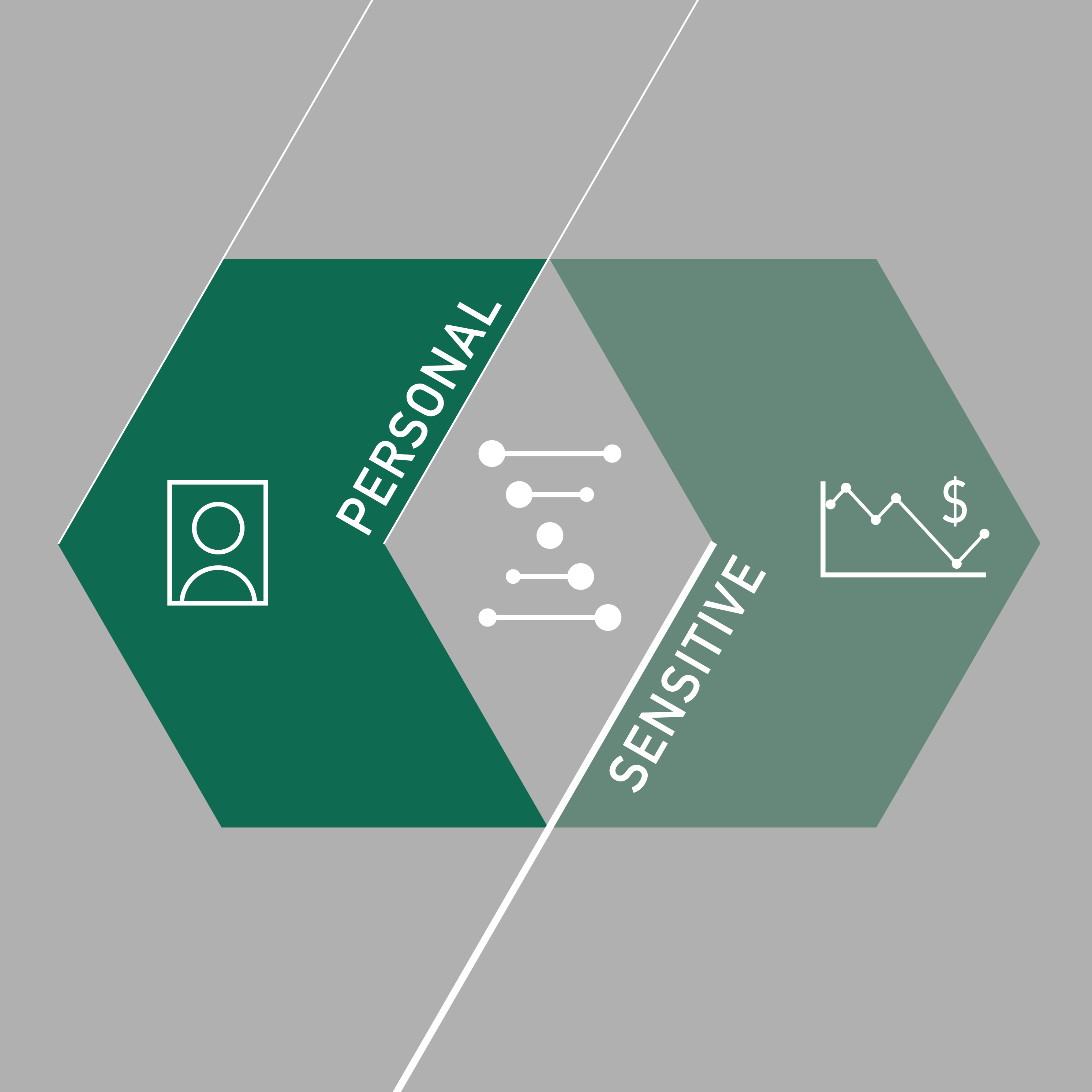Digital twins unleash value by enabling better decisions across the built and natural environments. However, in a world where the collection of data is accelerating, the value of the information it can provide is limited by the lack of a strategy for interconnections, resilience or long-term outcomes. These modules are designed to help unlock the full value of data in the digital twins ecosystem.

A digital twin is a digital representation of a physical asset, process or system. It is distinguished from any other digital model by its dynamic connection to the physical twin.
Digital twins are tools to make better decision, faster and quicker by going through the information value chain more efficiently – turning data into insights that enable improved decisions and provide better outcomes.
Data plays a fundamental role in enable secure, resilient and connected digital twins.
However, to realise the full benefits that data can bring, businesses must understand the ‘data landscape’ and its role in connected digital twins.

Value can be created from data when it is collected, accessed, used and shared. Maximising the value created from data can only be achieved when all of these aspects are considered. However this cycle is often broken as data is not shared and thus the same data cannot be collected and re-used by others. One the main reasons data is not shared is the lack of clear data sharing agreement or licence that can be used to safely shared data while protecting the interests of the data owner.
This module introduces the key role of data sharing agreements and data licenses as ways to safely share data and maximise its reuse.

Data increases in value the more it is connected. This is because allowing data to be collected, used and shared means it can be utilised for a number of purposes.
However, before any data can be collected, used or shared, it is important to understand who owns what data, who has rights over it and what permissions or responsibilities you or others have in relation to the data. Projects that set out with good intentions to reuse existing data often encounter legal and ethical constraints which should be addressed as soon as possible.
This module looks at the spectrum of data and how permission is granted and/or obtained to integrate, analyse and otherwise reuse data.

To enable an ecosystem of connected digital twins within or across organisations, it is critical for data to be as interoperable as possible. This goes beyond simply using the same standard or set of column titles. In this module we explore the following:
- Why interoperability is important?
- Legal interoperability
- Technical interoperability
- Semantic interoperability

In this module we will explore the application of data ethics using tools that support individuals and organisations in developing products and services that mitigate negative risks and serve to promote positive outcomes for people and society.
This module provides you with the knowledge and skills to:
Describe the types of questions to ask when embedding ethical data practices
Identify common barriers to adopting approaches to data ethics
Explain how to use tools and frameworks to support ethical thinking around collection, use and sharing of data in projects
Make several recommendations to improve the ethical handling of data

Fears over collecting, using and sharing personal data often results in data not getting to those who need it. The challenge starts with understanding just what personal data is, the difference between this and sensitive commercial data, and the role of data protection regulations, which many see as a blocker to collecting, using and sharing personal data.
The aim of this module is to increase understanding of personal data and techniques that can be applied to ensure the rights of individuals are protected, while maximising the the utility of data.